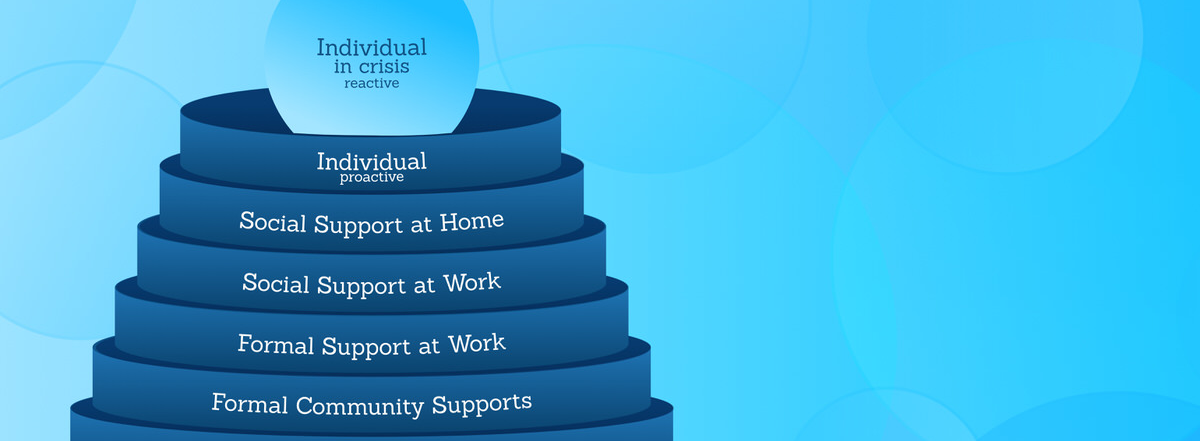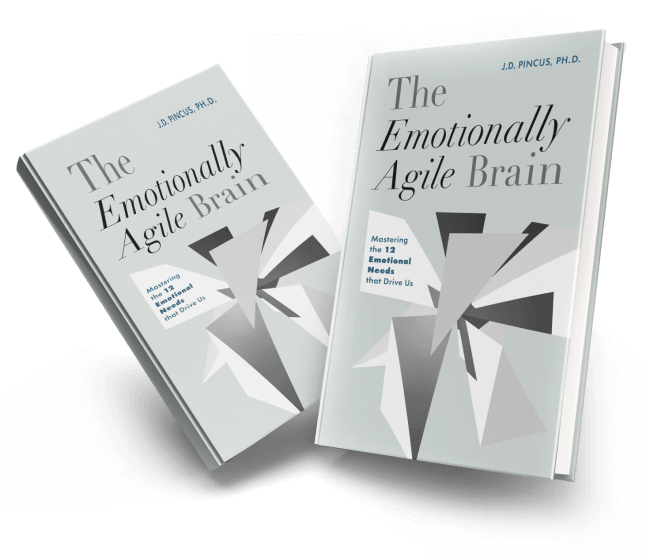Solutions to empowering student wellbeing are emerging
At AgileBrain, we were heartened to see that Dartmouth College convened a special forum to discuss the mental health crisis and are convinced that promising solutions, AgileBrain included, are emerging to empower student wellbeing. The idea to convene past and present surgeons general for this discussion was an inspired one initiated by Lisa McBride, Associate Dean at Dartmouth’s Geisel School of Medicine. The gathering is historically significant, marking only the second time all living surgeons general have united for a shared cause. The attending surgeons general, including the current office holder, Dr. Vivek Murthy, have served under U.S. Presidents, from George H.W. Bush to Joe Biden, each bringing unique expertise and perspectives to the forum. Dartmouth was a fitting venue, as the alma mater of one of our most famous Surgeons General, Dr. C. Everett Koop.
Dartmouth President Sian Leah Beilock, a neuroscientist by training, moderated the event with Dr. Sanjay Gupta of CNN. President Beilock emphasized the urgency of addressing mental health challenges and believes that higher education institutions have a pivotal role in tackling the root causes of the crisis. The data is sobering. The Healthy Minds Study revealed that a significant percentage of college students experience symptoms of depression, anxiety, and suicidal thoughts. This nationwide challenge is so concerning that a recent National Education Association report labeled it “the mental health crisis on campus.”
Dartmouth, which houses the C. Everett Koop Institute, is clearly deeply committed to addressing mental health. Like all academic institutions, Dartmouth has faced its own challenges with student mental health, prompting the need for such critical, if not always comfortable, conversations. An AgileBrain pilot study with one fraternity at Dartmouth indicated 37% of students suffered moderate or extreme wellbeing symptoms. Of note, the group’s emotional activation level was actually slightly lower than studies we’ve run with other college student groups.
President Beilock emphasized the importance of a student-centric approach to campus mental health in light of the rising rates of depression and suicide among college students and the constraints on caregiving capacity. Beyond the need to destigmatize mental health, she stressed the importance of vigilance in recognizing signs of emotional distress. A student’s need for immediate help when in distress is acute but also problematic due to the current shortage of mental health counselors. A new focus on student-centric approaches, like Beilock suggested, can relieve some of the pressure created by this shortage while also empowering students to take ownership of their own wellbeing using digital tools and fresh approaches.
Digitally-enabled, emotional self-awareness is one such promising development. This approach relies on the ability to accurately (i) measure emotional needs, using a system like AgileBrain, and (2) name those needs, so called “affect labeling.” Studies have shown that simply becoming aware of how one is feeling and being able to accurately label one’s emotional needs can go a long way toward feeling better in the moment. Recent research, spearheaded by social neuroscientist Matthew Lieberman at UCLA, has explored affect labeling benefits. Their key study, “Putting Feelings into Words,” revealed that labeling emotions can reduce activation in the amygdala, the brain’s emergency response center, and increase activity in the ventrolateral prefrontal cortex, an area of the brain heavily involved in cognitive reappraisal, an essential component of emotion regulation. In the Dartmouth fraternity pilot study, AgileBrain did just that. Pilot results revealed 4 elevated emotional need areas – personal potential, immersion, caring and purpose – and led to a healthy group discussion about those unmet needs.
Neurologically, affect labeling influences our experiences, physiological reactions, and behaviors. People who label their emotions experience reduced emotional intensity, feel less distressed, and show fewer physical symptoms when viewing unsettling images. Physiologically, they exhibit decreased heart rate, skin temperature, and other signs of reduced arousal. These effects are not only immediate but also enduring. For instance, individuals with arachnophobia (fear of spiders), fear of public speaking or exam anxiety showed lasting reduced arousal levels when re-exposed to triggering stimuli. Behaviorally, such individuals could approach spiders more closely, speak more confidently or perform better in math tests after labeling their feelings.
Mental and physical health are closely linked. For example, the Type C personality, linked with a higher cancer risk, is characterized by emotional denial and unawareness. Emerging research in alexithymia (the struggle to recognize or articulate one’s emotions) suggests heightened mortality rates and poorer post-medical procedure outcomes. Recent research has also found connections between poor emotional intelligence, especially in self-assessing emotions, and diseases like coronary heart disease, diabetes, and obesity. Whether the inability to discern one’s emotions stems from alexithymia, a lack of emotional intelligence, or a fleeting inclination to deny or sidestep a distressing situation, the consequences can be dire. On the flip side, consciously acknowledging feelings, correctly identifying them, and sharing them with others in a timely manner can offer numerous protective advantages.
Under Beilock’s leadership, Dartmouth has dedicated substantial resources to mental health initiatives. The community has raised $8 million for mental health programs, with plans to introduce a strategic plan focusing on student mental health. The counseling center has expanded its clinical staff, and students have access to 24/7 teletherapy services. The Geisel School of Medicine at Dartmouth has invested nearly $6 million in a comprehensive mental health program for medical students. Most recently, President Beilock announced the search for a Chief Medical and Wellness Officer for the College. The Dartmouth motto, vox clamantis in deserto, (Voice Crying the Wilderness), is fitting of our nation’s long silent struggle with mental health and wellbeing. Convening all living surgeons general is a symbolic cry for help. Let’s hope the nation hears it. Well-done Dartmouth!
About AgileBrain
AgileBrain is a groundbreaking, neuroscience-based system that breaks through cognitive barriers to measure emotional / motivational needs, supporting a variety of use cases including individual well-being.
AgileBrain has been extensively validated and is the subject of 6 peer-reviewed, academic articles. One of those articles, “Wellbeing as Need Fulfillment: Implications for Theory, Methods and Practice,” published by Integrative Psychology & Behavioral Science and now hosted on the National Institute of Health National Library of Medicine site (https://www.ncbi.nlm.nih.gov/pmc/articles/PMC10078020/) examines the Surgeon General’s Surgeon General’s Framework for Workplace Mental Health and Well-Being. Wellbeing practitioners use AgileBrain to help individuals and groups identify unmet emotional needs and make positive change. The rapid exposure to images mimics video games and media that students have grown up with, making it ideally suited for empowering student wellbeing.
Learn more at www.agilebrain.com/science.Try AgileBrain yourself at www.agilebrain.com.


